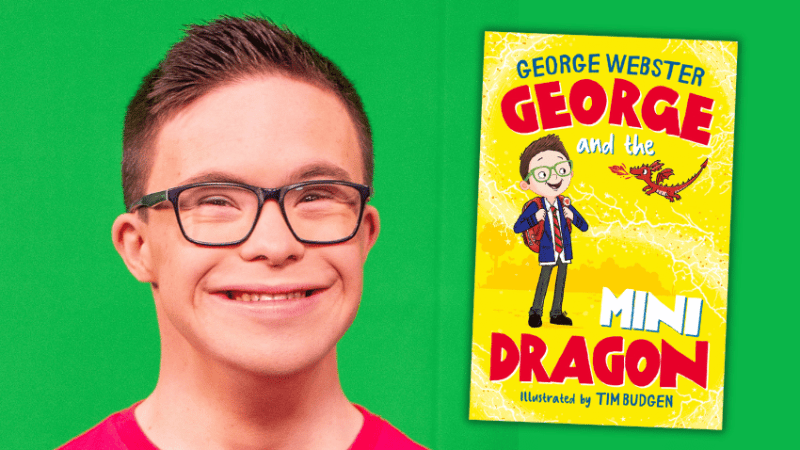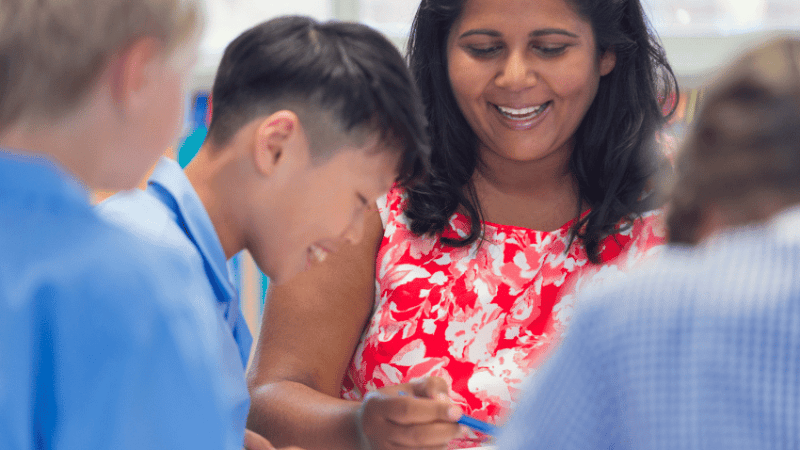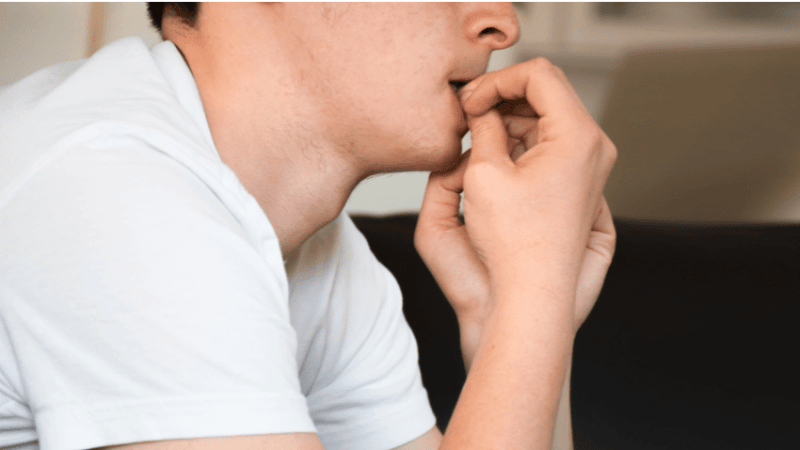Dyslexia – What does it feel like to attend school as a child with dyslexia?
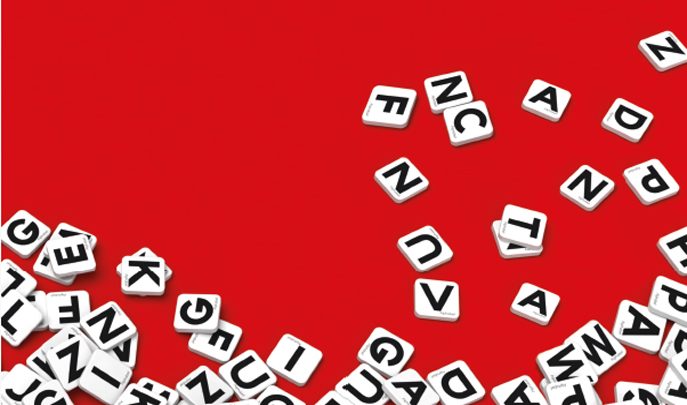
Margaret Rooke set about finding out – and here are some of the answers…
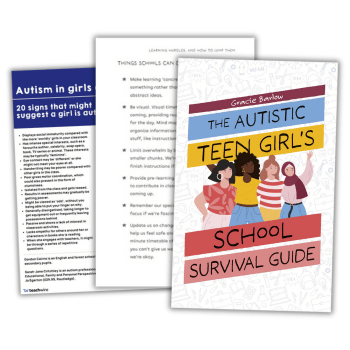
For all the frequency with which dyslexia in children is discussed among education professionals and policymakers, it can often seem as though the voices of one group are rarely heard – the children themselves.
The latest book by author and writer Margaret Rooke aims to provide something of a corrective.
Titled Dyslexia is My Superpower, it draws on over a hundred interviews Rooke conducted with children across the world – including the USA, the Caribbean and India, as well as the UK and Ireland, all of whom have dyslexia and were willing to discuss what their everyday experiences of living with the condition are actually like.
There’s a good chance that SENCos and teaching staff will find much in the book that provides some useful insights, and perhaps prompts some difficult questions. Here, we present some excerpts that caught our attention…
Oliver 8, Manchester
“Dyslexia makes you special. It makes you different from other people.
“I want to be a footballer for Manchester United. Without dyslexia I don’t think I would be so good at football because I am good at knowing where to be on the pitch. Some people are greedy and never pass. If you are greedy you will never get a goal. I am able to look at the bigger picture and tell people if you don’t pass the ball in time you will never score.
“At school I find work is difficult but they help you learn. I have got stuff that helps me with my learning, like Post-it notes and a whiteboard. There are always sheets that I can learn from. I need to segment and blend: that means break the word apart then join it up together again. Sometimes I get help from the others in the class.
“I’m quite good at maths but spelling is kind of difficult. My teacher helps me. I said to her the other day, ‘That’s the nicest thing anyone’s done for me.’”
Beatrice 9, London
“Sometimes I think, ‘I’m dyslexic. Yay!’ I’m good at making up stories and drawing pictures and I have a great vocabulary – but I can’t spell and I find writing and reading difficult.
“I think my vocabulary is good because I have seen a lot of movies and they say a lot of long words in those. I used a great word today – ‘quivered’ – and I spelt it right.
“We tested me for dyslexia about two years ago. I felt relieved to find out and I feel as if I have different abilities to everybody than just being normal and the same.
“I’m very creative. I can make a stick and a few leaves into a pretty flower. All I need is that and, if I want to make it pretty, I use different coloured leaves. I see things and think, ‘That could be of some use’, and then I sit and make something with it.
“I have very bad spelling. It’s annoying if teachers say, ‘The point is made but can’t you spell it correctly?’ For example, I spell melon ‘meleon’. Sometimes the teacher says, ‘It doesn’t matter about the spelling’ and I say, ‘Yay!’”
Reggie 9, Buckinghamshire
“I felt a bit relieved when I found out I was dyslexic because I was hoping I wasn’t just thick. Before this I thought I was just not that smart. Also I’m pleased I didn’t go through all those tests for nothing and I think I’ve become a little bit more confident. I think the school might understand me more now, but I still find things difficult.
Trending
“Numbers are my strength. I can see problems in a 3D way. It’s like looking at a road map that makes perfect sense.
“Mum told me life’s not all about doing well at school. She said that lots of dyslexic people are talented and I like that fact. I think if I wasn’t dyslexic I would be more worried about how I was doing. I work hard at literacy and maths and I still do as much as I can in pottery and art. I like making things in 3D. Pottery – that’s fun. I am trying to do my best so I do well in my life. The one thing I’m trying not to be is a plumber because I don’t want to be scooping out poo.”
Luke 10, Manchester
“The best thing for me about dyslexia is that I have to try harder. People who think they are good at things might choose the easiest route, but even the easiest thing is quite difficult for me. Determination keeps me learning. I never give up. I always keep trying. We just need to try harder; we need to take different routes to get where other people get to.
“My spelling and my reading were tough. I used to read really thin books back in Year 5. Now I’m in Year 6 I read really thick books so hard work really helps. Overlays help me with my reading. I use coloured see-through card, buffed paper and word searches. I feel proud of myself at how much I have progressed.
“I think dyslexia is good because no one is normal and no one is the same. Everyone’s different.”
What teachers shouldn’t do
Rachel, 11, London, England
“They do this thing called ‘popcorn reading’. One person starts reading and once they have read something they say ‘popcorn’ and say someone else’s name and that person has to carry on. I don’t like it if it’s my turn because I get something wrong or I skip a line or two.”
Fiona, 9, County Kildare, Ireland
“I find it embarrassing when the teacher asks me questions in front of the class and I can’t answer. Sometimes she asks me to read in front of the class and I find this embarrassing too.”
Callum, 9, Renfrewshire, Scotland
“The worst thing a teacher can do is shout, ‘I don’t want any spelling mistakes. I want you to get these words all right.’”
Lucy, 11, Bay of Plenty, New Zealand
“The worst thing a teacher can do is help you too much. You know how to do it and then your teacher tells you how to do it. I think they underestimate me.”
This article is based on edited extracts from Dyslexia is My Superpower (Most of the Time) by Margaret Rooke, published by Jessica Kingsley Publishers.
Find out more about Dyslexia Awareness Week.



